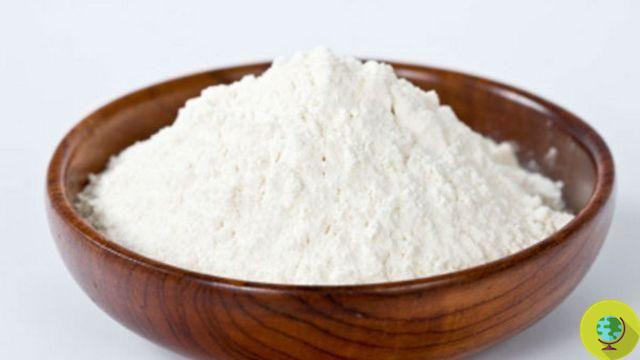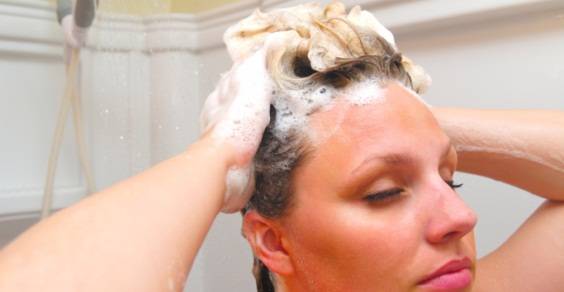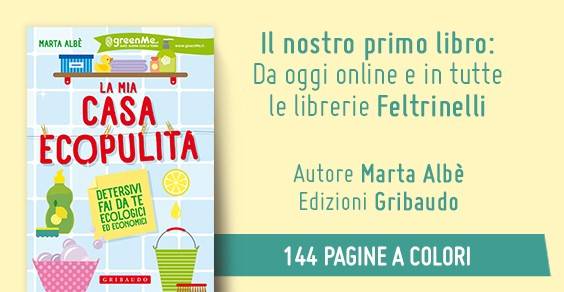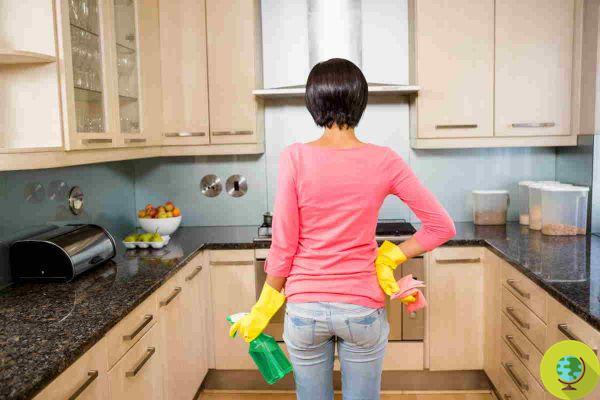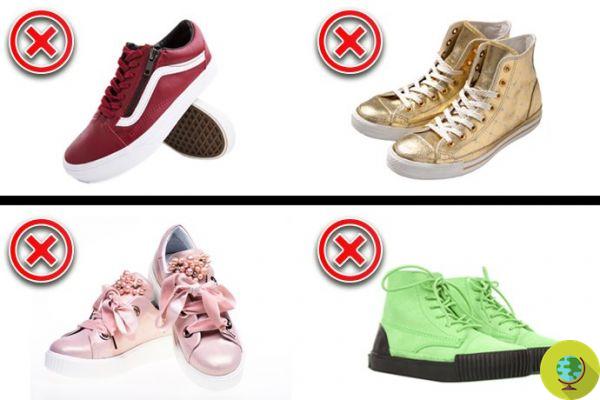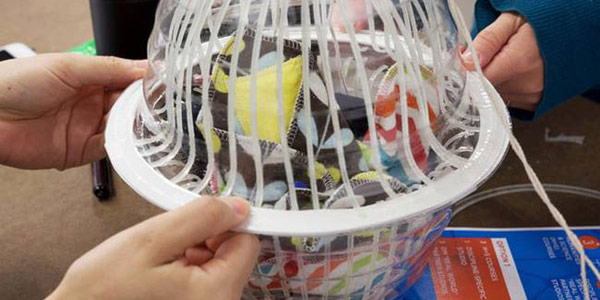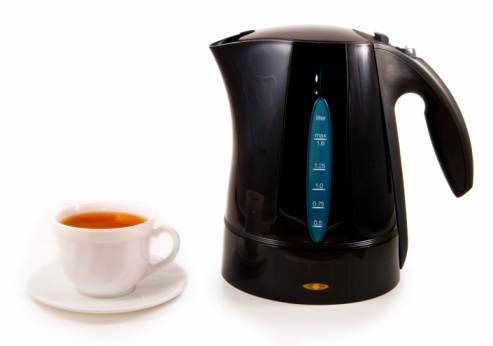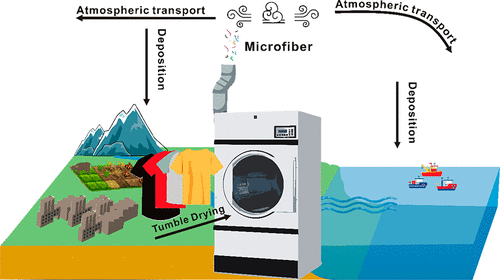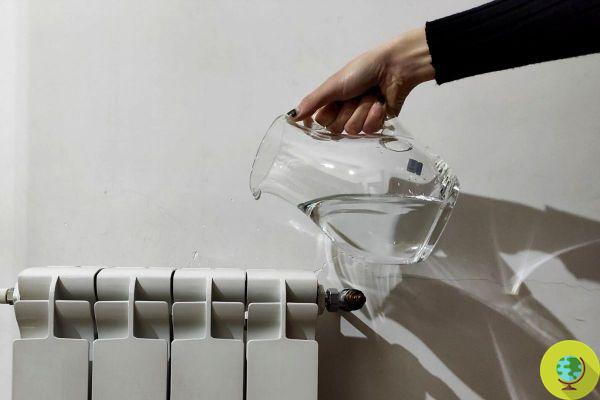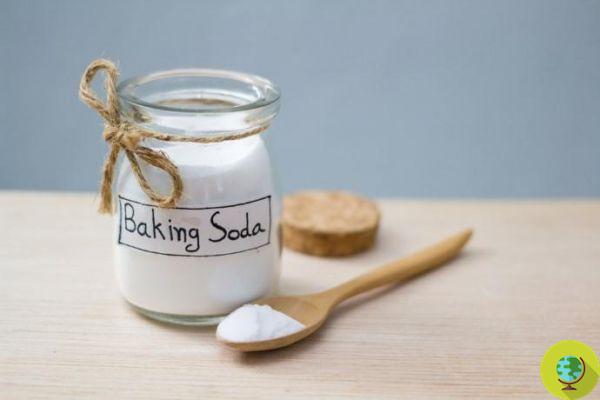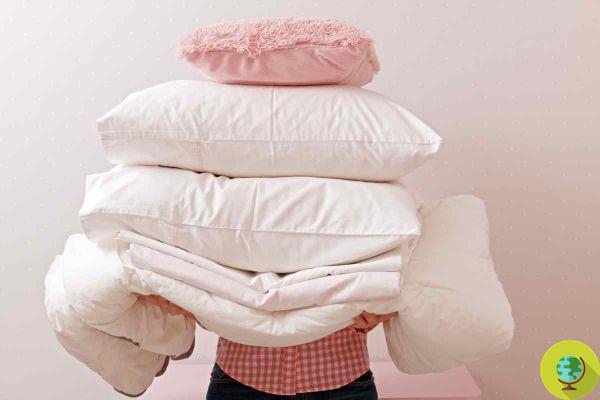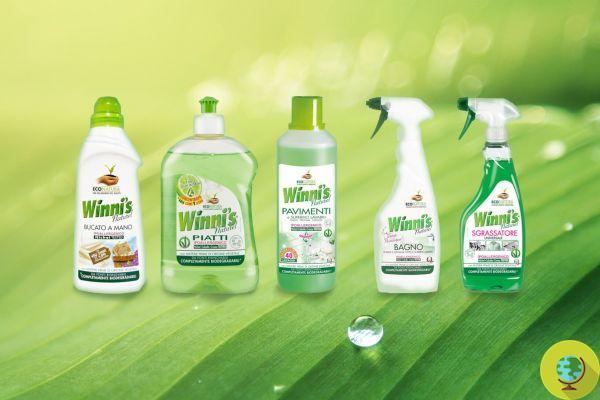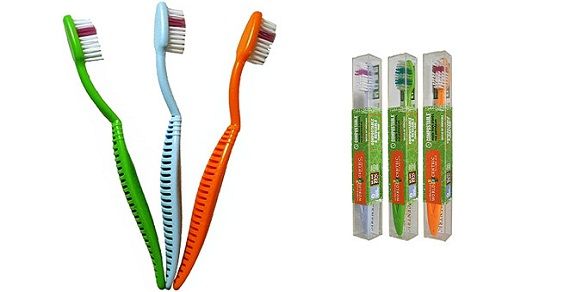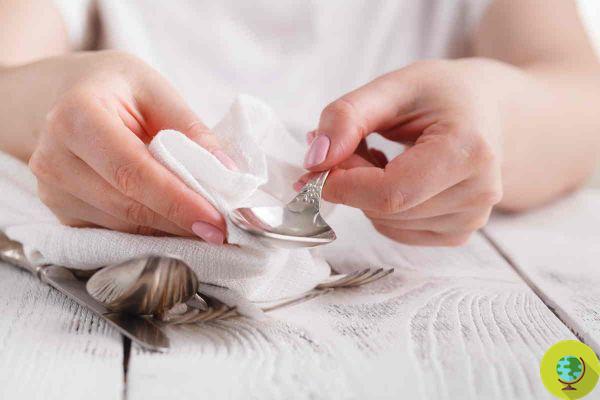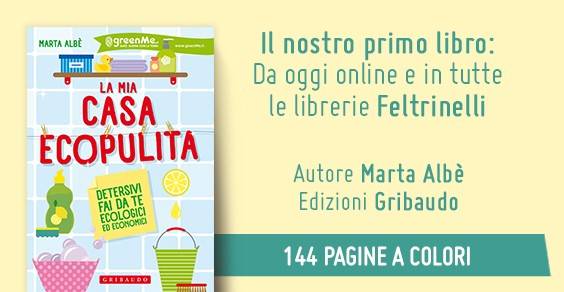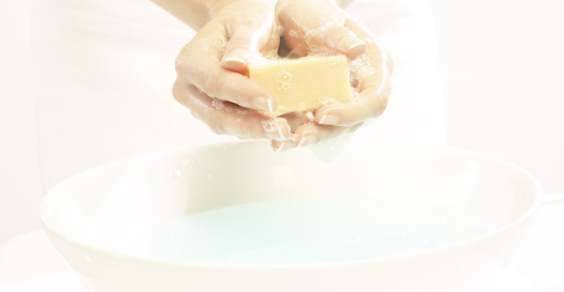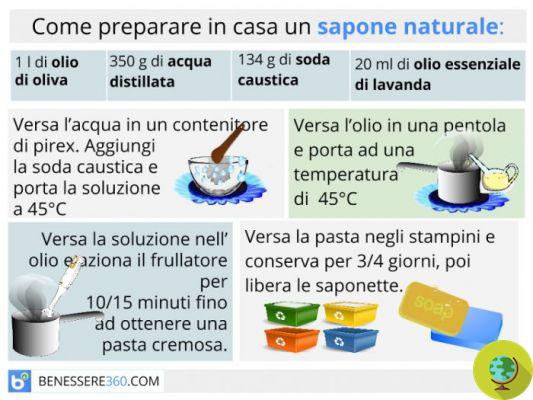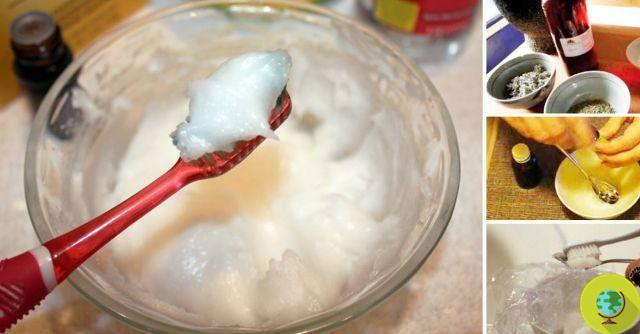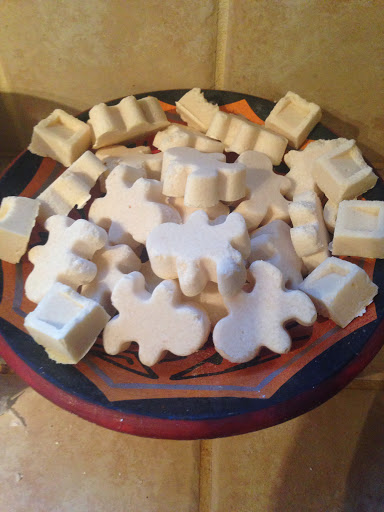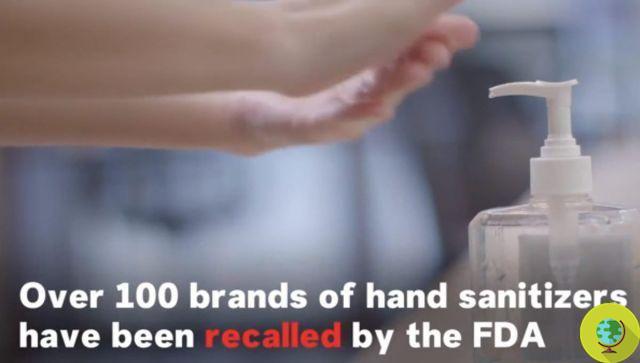
Is it better to use the classic sponge or a brush to wash the dishes? The brush, some say, and here's why.
He is about to end up run over, his mother saves himIs it better to use the classic sponge or a brush to wash the dishes? The brush, some say, and the reason is obvious: it dries faster and gives bacteria less time to spread. In short, it's all a matter of microbiological safety: microorganisms survive much less in brushes.
This is confirmed by a new study published in the International Journal of Food Microbiology by researchers from the Norwegian Institute for Research on Food, Fisheries and Aquaculture and the Portuguese Catholic University.
Read also: Used kitchen sponge, contains the same number of bacteria as feces
That the sponge is one of the dirtiest and most bacteria-rich objects in our kitchens has been known for some time. Now, scholars have analyzed consumer habits and the microbiological safety of hand dishwashing sponges, brushes and cloths. And the result is clear.
A systematic review
Almost 10 consumers from 10 different European countries took part in the analyzes (Denmark, France, Hungary, Germany, Greece, Norway, Portugal, Romania, Spain and UK).
From a first statistic it emerged that, excluding the dishwasher which is the most used washing method with 44% of preferences, the sponges are the preferred tool for hand washing dishes (36%), followed by brushes (14%) and some specific types of clothes (8%).
Curiosity: consumer choices vary considerably according to geographic areas. While in the Iberian Peninsula sponges are used six times more than brushes, in Norway it is brushes that are the most popular.
In the experiments, the water absorption capacity and water loss during drying of three types of new sponges and three brushes were measured. Well, the results show that the lowest number of bacteria stagnates in the brushes, which do not survive here for long. In sponges, on the other hand, a growth of microorganisms has been observed, the number of which can also remain the same for several days.
A difference that largely depends on the water absorbed: if on the one hand the brushes do not retain liquid and dry very quickly, thus reducing the risk of microbial proliferation, on the other hand the sponges absorb a lot of water and can take a long time to dry completely, depending on size and materials. If they are not squeezed properly, then, they can remain soup even for more than a day, becoming the main ground for the growth of bacteria.
Better brushes, then? It seems so. But let's see another useful scheme:
The advantages of sponges:
- they are cheap at the time of purchase and easily replaceable (but you create extra waste in no time!)
- many sponges have built-in washing surfaces (the rougher side), which helps remove dirt easily
- they can be sterilized in the microwave
The disadvantages of sponges:
- they need to be replaced often. Many recommend replacing the kitchen sponge weekly, precisely because they accumulate dirt, food residues, germs and bacteria
- they get dirty quickly. Sponges are designed to absorb, so it's no surprise that they absorb a lot of coarse tableware residue
- Cleaning the sponge can take a long time: While cleaning the sponge in the microwave is an option, it's not always ideal
The advantages of the brushes:
- have more washing power: scrubbing dishes with the bristles of a brush can be much more efficient and effective than a sponge
- Better Leverage: Brushes come in many shapes and sizes, so finding one that gives you more leverage and better grip can mean more cleaning power
- they are easy to clean and last a long time. Unlike sponges, brushes don't have to be disposed of as often. But they must always be kept very clean
- they save money because they are used in the long term
The disadvantages of brushes:
- some types of brushes may have bristles that are too stiff which could scratch pans and pots. Other brushes may be too soft and end up ineffective. It is important to find the perfect balance in the bristles, as well as the strength of the handle
Fonte: International Journal of Food Microbiology
Read also:
- Luffa: what it is, how it is grown and how to use the vegetable sponge
- Swedish tea towels: the resistant and compostable cloths alternative to absorbent paper and microfibre
- Beware of kitchen towels! A new study warns





